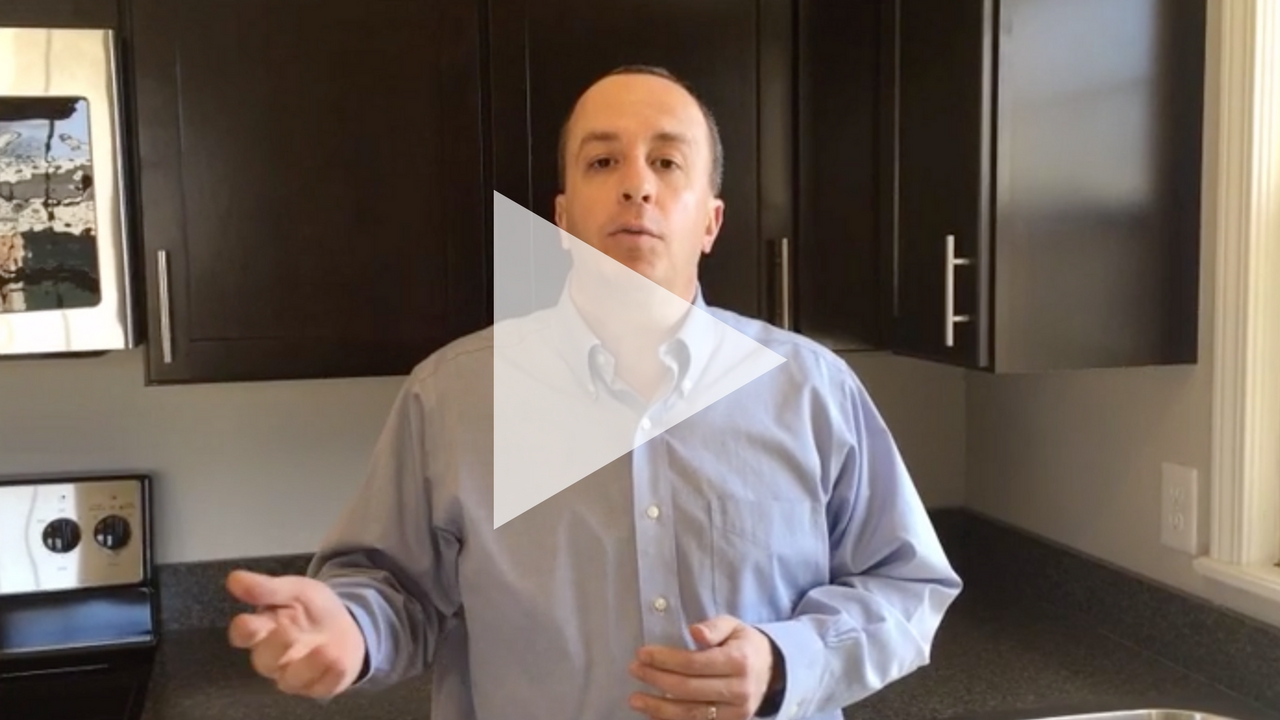| Hey, this is Erik Hitzelberger with Freedom Property Group, and I’m standing here in one of our latest renovation projects. I want to talk to you today for about five minutes about tenants; specifically about tenant turnover. The reason tenant turnover is so important is that it is probably the number one factor in determining the long-term performance of your rental property. |
| As an example, if a tenant moves out in May, there’s a good chance that you don’t re-rent the property until June or possibly even July. And so, you’re going to lose 1 to 2 months of rent there. And then, some property management companies charge as much as one month or even more in a re-rental fee, so that’s 2 to 3 months worth of income. On a leveraged property, that could be 50 to 100% of your profit for the year. And so, if you have a turnover that costs you 50 to 100% of your profit each year, and you have a turnover every year, well your long term gains and your long term return on your investment have been severely depleted. And there’s really no other thing that will cause you this time and time and time again, right? If an air conditioner fails or something, that might take a significant amount of profit, but that’s not an annual occurrence. It’s an event that happens maybe once every 10 to 15 or 20 years. Again, tenant turnover is the most important thing to consider when you’re looking at long term ROI. |
| So, how do we solve that problem? Well, at Freedom Property Group, we’ve been renting houses for 9 or 10 years now, and we do hundreds of houses and hundreds of tenants, and you know, we’ve found several different things. |
| Number one, is the way we screen tenants. We don’t just go out there and make sure that they can fog a mirror and have enough cash to get into the house. We have about 20 criteria that we look at. A lot of it is geared towards determining how responsible is the tenant and how likely are they to stay for a long time. |
| The way we look at the responsibility is to see how long have they been at their current job? How long did they live at their previous residence? What type of job do they have? And by that, I mean we have nicer homes, and we attempt to rent them for more money, and we provide additional value than the guy across the street. As an example, this home would rent for $1100 a month, whereas there’s one across the street for $800 a month. All that house offers is price, and so, that tenant who’s going to live there is very price sensitive. They are just looking for the best deal, or for what they can afford there. And they’re not concerned about the extra value of how the house looks or anything like that. |
| We’re charging more for a similar house except for the fact that our house is finished nicer and we provide value as landlords. We provide value in allowing automatic payments online. We provide value in having maintenance requests online, and we take care of our tenants, so they understand that value; and we want people who appreciate that, we want people who are proud to live in this home. Because if you’re proud to live in a place, you’re going to stay there longer. If you’re happy for your friends or your family to come over, and people to visit you and you’re happy to come home every evening because things are nice at the house, then you’re going to stay longer. |
| So, we look for people who are responsible and who want to be proud of where they live, and we do that in a variety of ways. They kind of overlap and intersect so that we make sure we can get the best tenants into the house and reduce our tenant turnover. Because just going from one turnover per year to one for every three or four or five years, will have a dramatic effect on your overall return on your investment as a turnkey owner and as a landlord. |
| So, when you do get into the rental property business as a means for growing your portfolio and for securing your retirement, make sure you think about that very closely. Don’t get caught up on just the base numbers. Look at tenant turnover and decide how long people are going to live in this house. Ask yourself, "is this a nice house, or is this a price-sensitive house where I have to try to get a higher immediate return on my investment because I'm going to have a high turnover?" |


